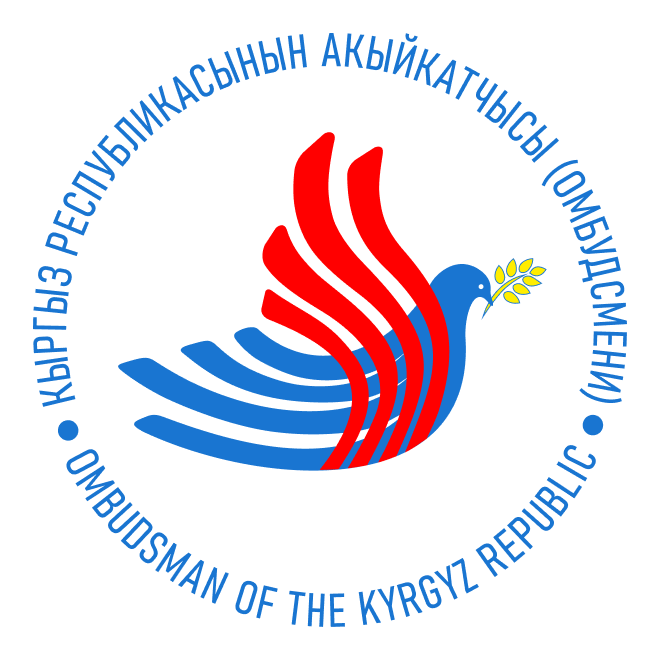Rights of children
What rights does a child have in a family?
Every child, in accordance with domestic and international legislation, has the following rights in the context of family relations:
- The right to a name, first name, and patronymic.
- The right to life and upbringing within a family and knowledge of their parents.
- The right to communicate with parents and other relatives, particularly in cases where the child resides separately from their parents or one of them, or when the parents reside in different countries.
- The right to be reunited with their family and, if necessary, to obtain permission to enter or leave a country.
- The right to receive support from their parents and other family members.
- The right to receive financial resources such as alimony, pensions, benefits, which are allocated for the child's maintenance, education, and upbringing, and are managed by the parents.
- The right to care and upbringing from parents, or individuals acting in their place, as well as from the state in cases where the child is left without parental care.
- The right to respect for dignity and protection against abuse from parents or individuals acting in their place, etc.
When do children acquire rights?
The capacity to have rights (legal capacity) arises from the moment of a person's birth. The ability to independently exercise rights and fulfill obligations (capacity for action) arises in full upon reaching adulthood, that is, when the person turns 18 years old. In cases provided for by law, other age limits may be established for independent or restricted exercise of certain rights and performance of specific obligations.
Who protects the rights of the child?
- The authorities of state power of the respective country and local self-government bodies.
- The child's parents or individuals acting in their place.
- Educators, medical professionals, social workers, psychologists, and other specialists who are responsible for the child's upbringing, education, health care, social protection, and social services. Civil society organizations.
